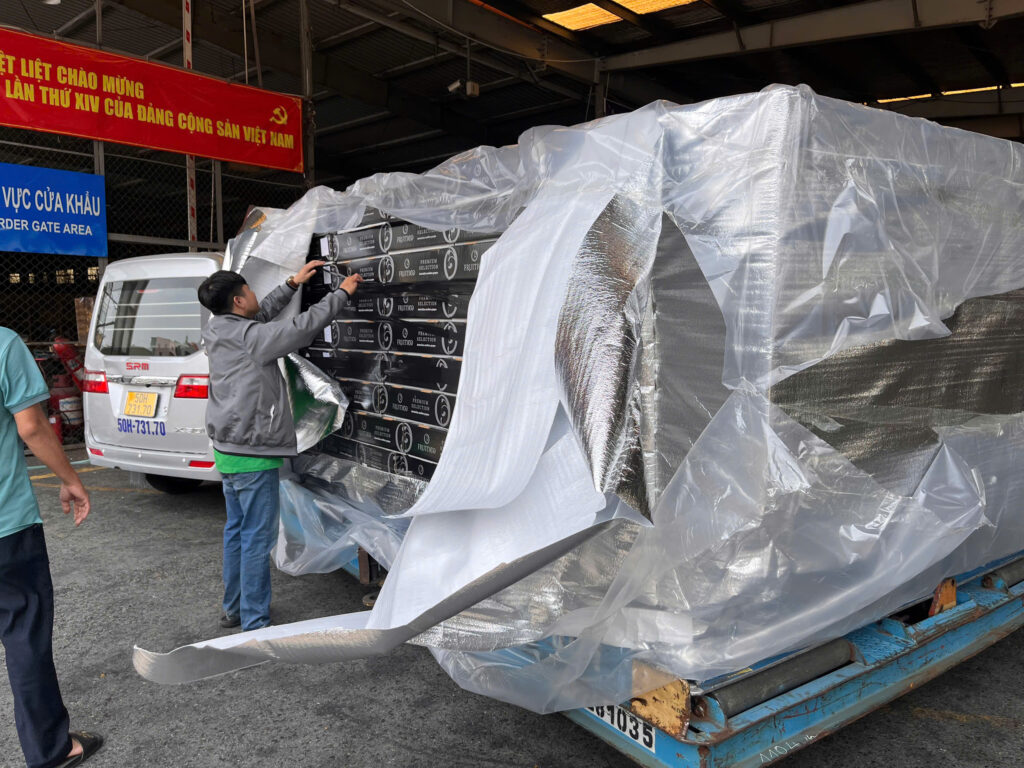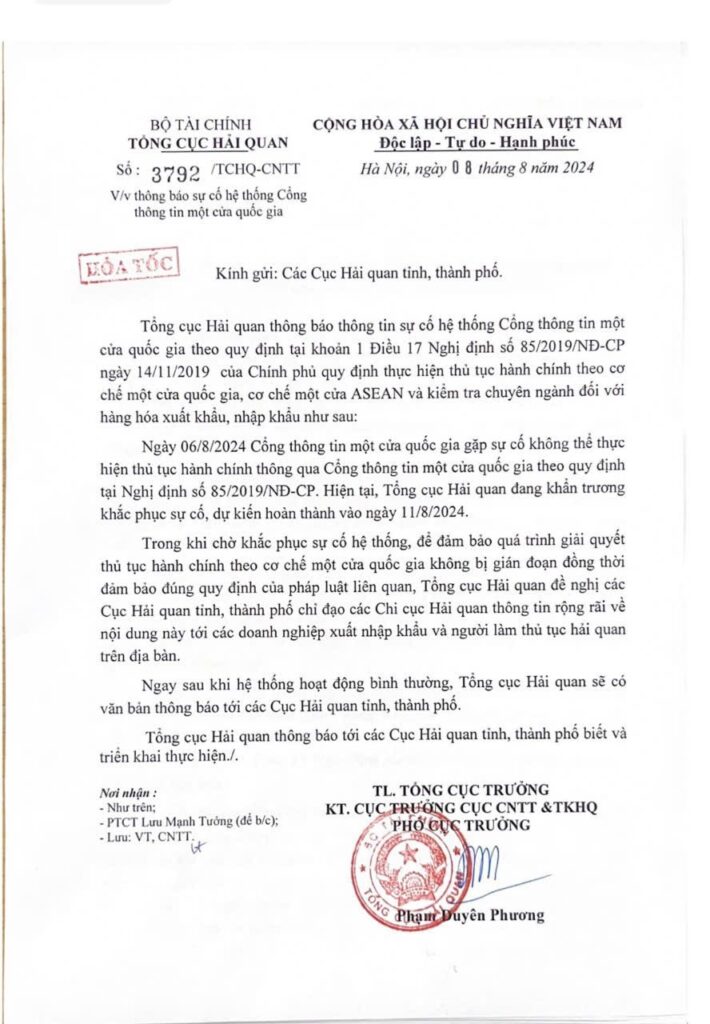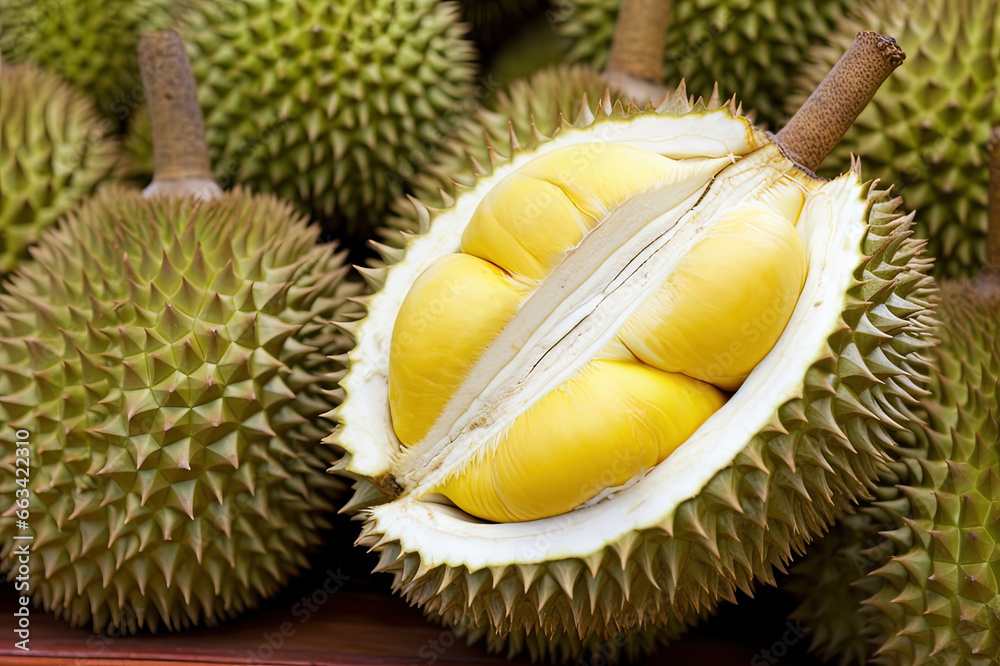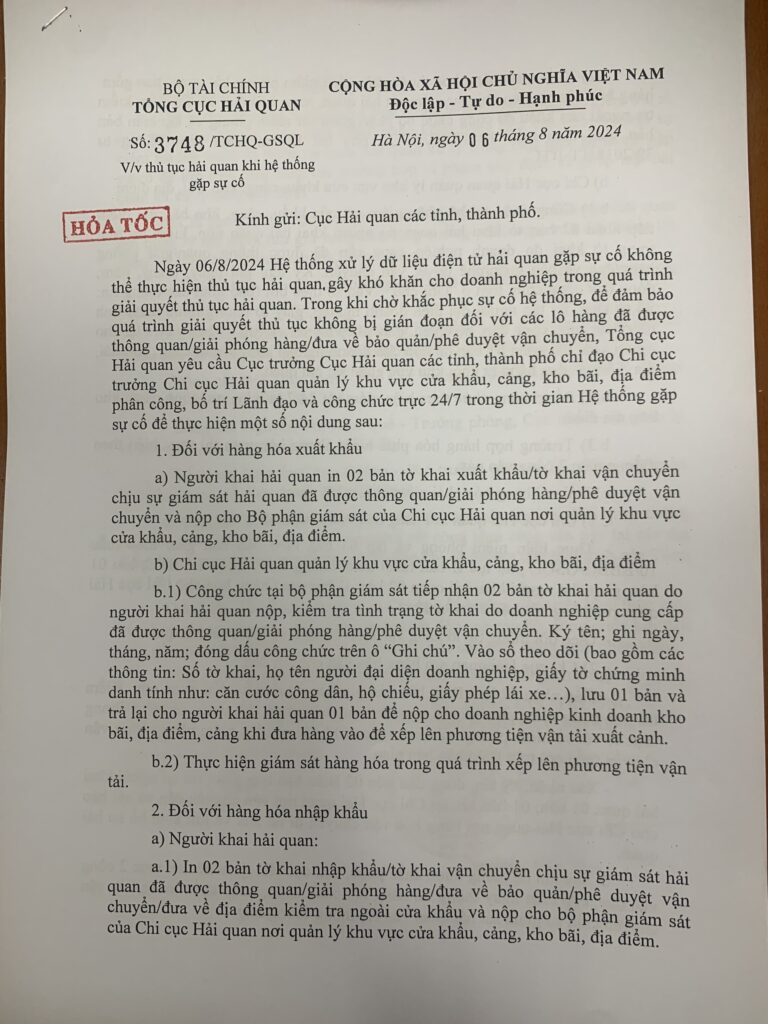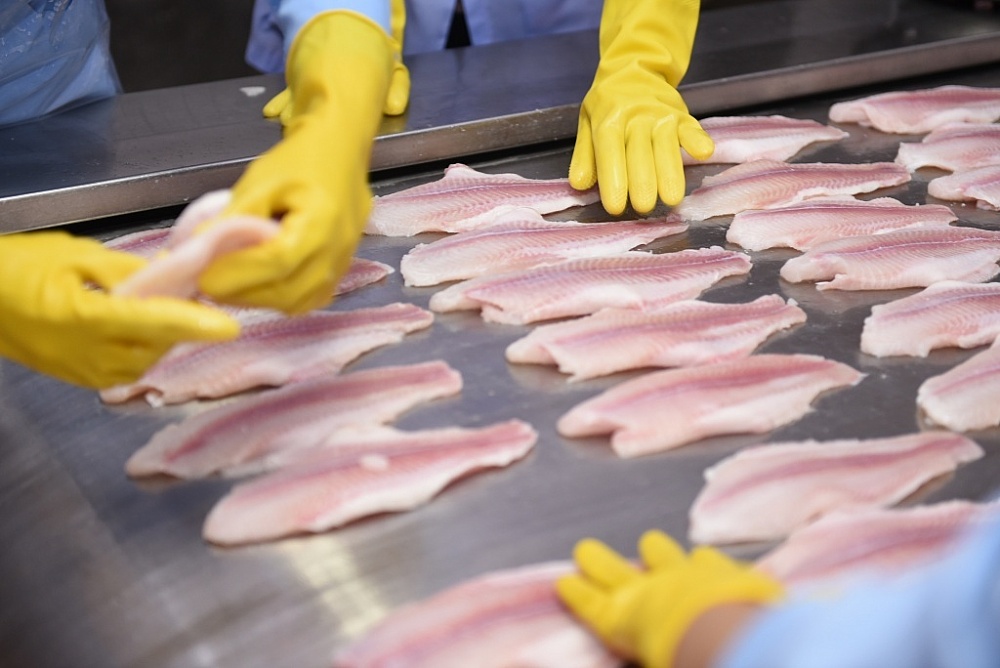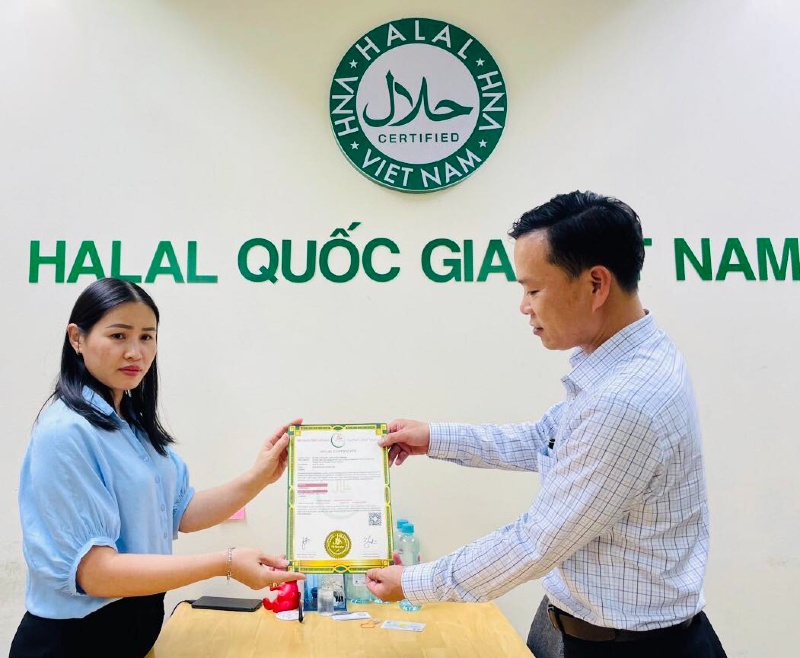On April 26, 2023, the Vietnam Trade Office in India cooperated with the Indian Standards Department to organize a Webinar on regulations, processes and procedures for issuing BIS certificates for foreign manufacturers. . The seminar attracted the participation of more than 60 Vietnamese businesses.
In the opening speech of the program, Mr. Bui Trung Thuong, Commercial Counselor in India, emphasized the importance of the BIS certificate issued by the Bureau of Indian Standards. This is a mandatory certificate for both domestic and foreign manufacturers in order for their products to be sold in the Indian market. This list is increasingly expanding and currently includes some products such as chemicals, toys, and steel. , shoes, tires, synthetic fibers... are required to have BIS certification and are products that Vietnam is exporting to India.
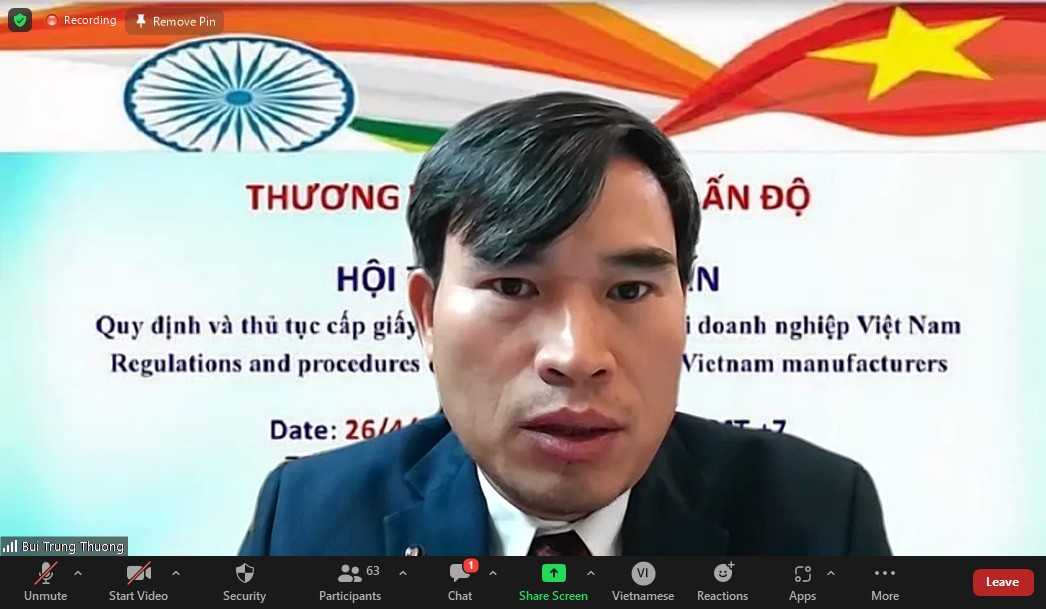
The two speakers of the program are Mr. S. Venkatesh and Mr. P. Deshick, working at the Foreign Manufacturers Certification Department (FMCD) of the Bureau of Indian Standards, and have directly issued BIS certificates to many businesses. foreign businesses, including Vietnam. The two speakers presented in detail the procedures and documents that need to be prepared to register for BIS, cases of application refusal, on-site survey at the factory, and the role and responsibilities of the representative. India to contact FMCD on behalf of foreign manufacturers, renew licenses, bank guarantees and related fees.
To receive a BIS certificate, manufacturers need to prepare the following documents: application form with registration fee of 1000 INR; Certificate of factory address; list of production machinery; list of test equipment according to ISS and relevant calibration certificates, product instructions for use; list of raw materials with certificate of analysis; factory layout diagram; manufacturing process flow chart with brief descriptions and intermediate quality control points; Factory test reports for all possible tests as per Indian Standards; Certificate of acceptance, product usage instructions, marking fee; letter of consent (if there is no complete Testing Facility); Technical specifications related to the product (if any).
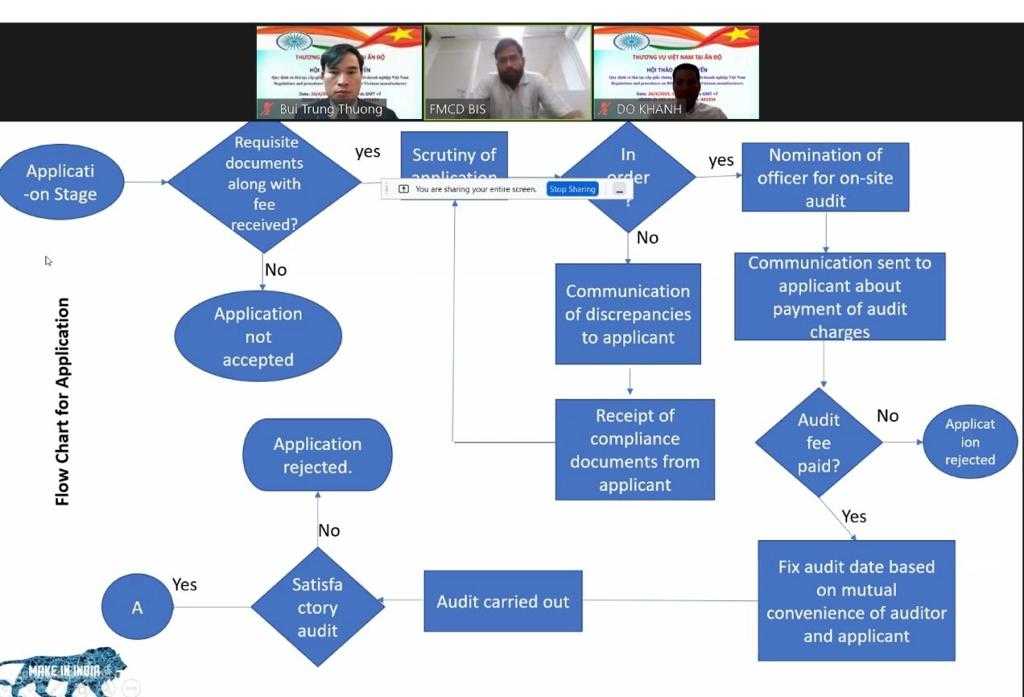
During the lecture, the speaker also mentioned cases where a BIS application could be rejected, including: (i) There is no adequate testing facility according to the ISS or related product manual ; (ii) Failure to fully answer questions posed by the designated official; (iii) Failure to pay the registration fee in full; (iv) Failure to issue invitation letters to designated officials; (v) Not confirmed or not available for inspection.
After receiving complete documents from the enterprise, BIS will appoint experts to inspect at the production facility. This inspection will evaluate factors such as: production facilities, sanitation (in the case of food products), testing facilities, and quality control staff. If the assessment is satisfactory, samples will be taken for independent testing. The applicant will have to pay the costs related to transportation and customs clearance.
At the seminar, an important requirement for Vietnamese businesses is to have an Authorized Representative in India (AIR). The AIR must be Indian and represent only one manufacturing company, not other foreign manufacturer(s) under BIS Conformity Assessment schemes. However, in cases where foreign manufacturers belong to the same group of companies and the importer (which is related to the foreign manufacturer) is designated as an AIR, this restriction will not apply.
For AIR, the requirement to be met is to graduate as per the qualification and understand the provisions of the BIS Act, 2016 along with the relevant rules and regulations. They must not have any conflicts of interest related to their role with the testing of the sample(s) in the third party laboratory. In addition, AIR shall comply with the Acts, Rules, Regulations, Terms & Conditions stipulated in BIS Licenses, Agreements, Undertakings etc. executed by or on behalf of the water producer relating to the issuance of operating licenses.
The issue of bank guarantees is also of concern to businesses. According to regulations, after being granted a BIS certificate, the manufacturer must have a bank guarantee of USD 10,000 at banks with branches in both Vietnam and India (such as HDFC, DBS, Citibank, Standard Chartered.
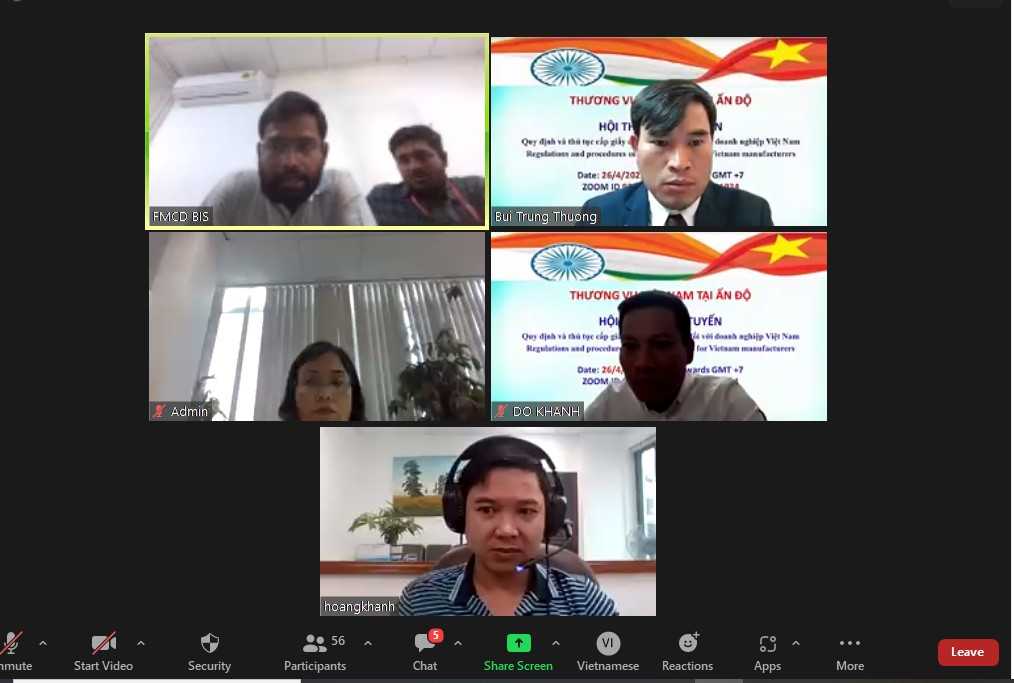
The BIS license will be valid for one or two years upon initial registration. The business can then apply for an extension of up to 5 years, based on the performance of the license. To get an extension, businesses need to apply at least 3 months before the license expires. The annual license fee is Rs.1000/- multiplied by the number of years for which renewal is required and the renewal application fee is Rs.1000/-.
The workshop took place with the enthusiastic participation of many businesses operating in different fields, including steel production, textiles, footwear, toys and polyester because this is a complex and closely related issue. For Businesses. For each product type, the Bureau of Indian Standards has provided specific guidance on relevant documents and regulations. For more detailed information about the requirements for their products, businesses can visit the Bureau of Indian Standards website at: https://www.bis.gov.in/; Foreign Manufacturers Certification Department (FMCD) email fmcs@bis.gov.in. Businesses can contact the Vietnam Trade Office in India at B2/51 Safdarjung Enclave, New Delhi, or via email trade@vietnamembassydelhi.in or vto.india2021@gmail.com.
Source:Vietnam Trade Office in India

